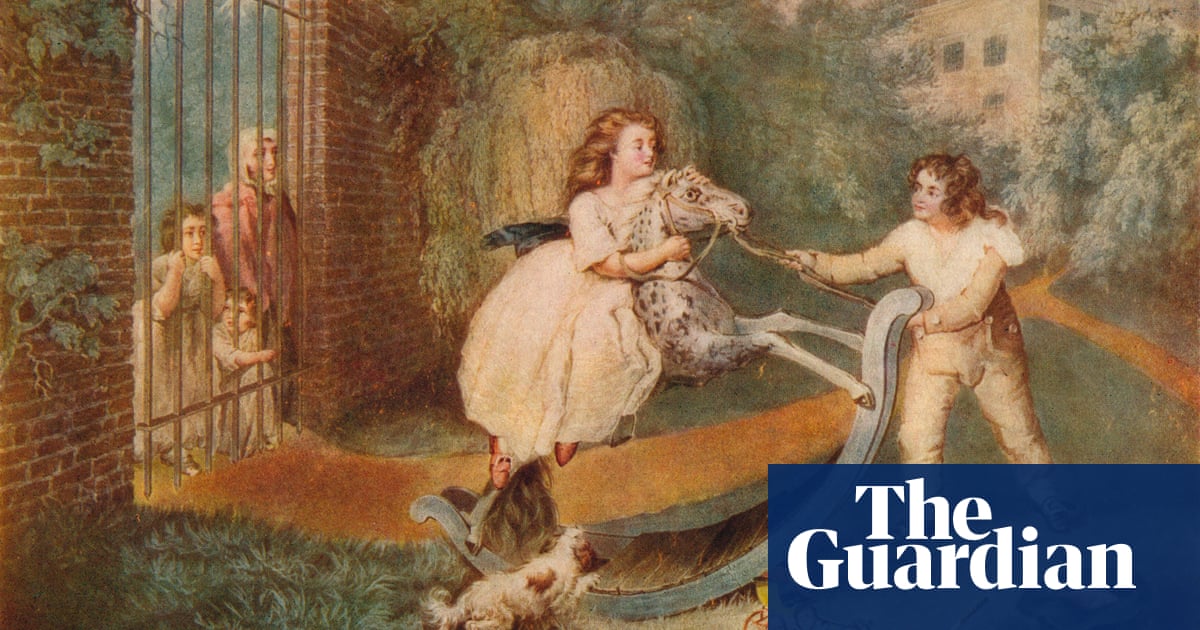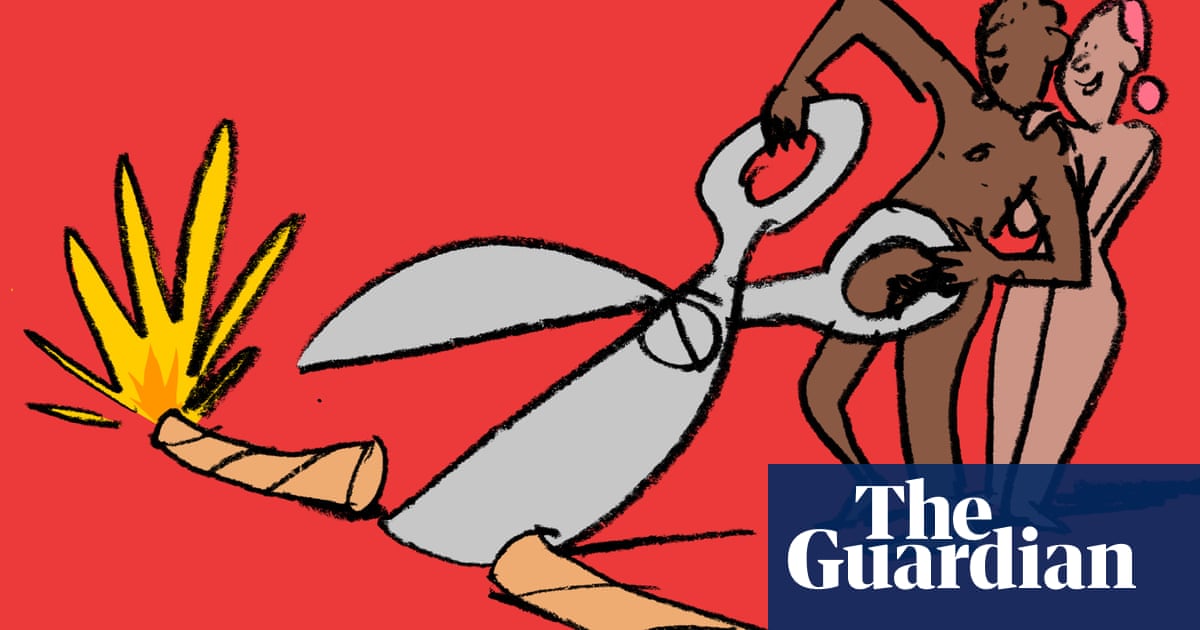
Sri Lanka is in revolt. Since early April, thousands of protesters have taken to the streets, initially to demand a solution to what has been dubbed the “worst economic crisis since independence”. Now, in the face of a political stalemate, and after police fatally shot one protester and wounded 13 others, regime change is top of the agenda. One element of the protests has been particularly striking: they have united groups that were previously starkly divided, and who have begun sharing analysis of what – and who – split them apart in the first place.
“Here you have the Sinhala Buddhist majority protesting side by side with Tamils. You have trade union protests happening next to Muslim protests where Muslims are breaking their fast under the rainbow umbrellas of the LGBTQ community,” said the Guardian’s Hannah Ellis-Peterson on the Today in Focus podcast. “This has never been seen before in Sri Lanka. People are talking about a […] betrayal, that they were fed this lie of majority and minority, nationalist and divisive politics. They feel like this is the thing that has ultimately caused the destruction of Sri Lanka.”
In a Buddhist-majority country, where the persecution of Muslims has become a winning strategy for the politically dominant Rajapaksa family, economic disaster has finally blasted through artificially constructed walls of separation. It makes me wonder: just what point of crisis will Britain have to reach before we follow suit?
This is not a new train of thought. In the past I’ve often fantasised about just what it would take to see sustained mass action that would result in long-lasting, positive change rather than a temporary stay of execution on some individual cruel policy. I cannot remember a moment more desperate than the current one. Yet despite general anger directed against the government, narratives of division – stoked by politicians and amplified by media – still prevail over all else, stymying the sort of public unity seen in Sri Lanka.
While we are not quite as divided as we think we are, British political identities, now stronger than party alignments, give a warped view of what the “other side” believes, both about topline issues and their opposition. Research from King’s College London found that 91% of leave supporters agree with the statement: “The NHS is crucial to British society and we must do everything we can to maintain it.” But only 60% of non-leave supporters predicted that Brexit backers would hold this view. Similarly, less than a quarter of surveyed Brexiters expressed climate denial beliefs. Remainers thought the results would be double that.
Even when there is agreement between groups with ostensibly different political identities, that is not enough to bridge the gulf. Dislike is so strong based on a single issue that people can’t see all the sections of the Venn diagram where their views overlap.
A deep fear of each other and the beliefs others might hold has taken root. Studies warn that a “hostile culture of ‘othering’ political rivals can spill over into social relations”. Speaking about politics with a stranger has transformed from a potentially awkward endeavour to a minefield. An acquaintance of mine recounted meeting a couple in a Soho pub the other day. They got on well; the couple bought a round. Conversation turned to the police. Tentatively, he ventured that he thought policing had deep problems. The couple reacted so vehemently that my acquaintance thought they had misheard his mild statement. Eventually the encounter ended with them screaming at him until he left the pub. Political disagreement now is expressed through anger and escalation; coalition seems light years away.
I’ve seen this up close, on non-partisan issues that should unite everyone. Take climate protesters. Physical attacks by fellow members of the public on the likes of Insulate Britain have become horrifyingly normalised. In polling by the Sunday Express, 53% of respondents believed that “eco-extremists” should be penalised with harsher criminal punishment. You might read this and agree; that protesters have “gone too far” by blocking roads in their successful attempt to keep the issue of insulating houses (an action that would save every single person in Britain money, and which is essential to meeting climate goals) on the agenda. But even the act of being seen to support a greener future marks one out as a suspect character in some spaces, for murky reasons that have nothing to do with renewables and everything to do with how lines of division have been drawn.
Last November, I walked into two separate pubs after a climate protest and was called a “cunt” and a “dickhead” simply for clutching an upside-down sign asking for change. Sans sign, I’ve never had a problem in pubs. But with that accidental political act (I just wanted a rum and a sit down), I became the embodiment of a set of beliefs that have been cast as “other” by divisive, nationalistic rhetoric that seeks to position anyone demanding positive change (such as warmer, affordable houses) as disruptive, unpatriotic and the very cause of this country’s disunity. And for those with me, the people insulting us represented a public blindly following whatever hateful narrative they are fed, poisoning themselves in the process. Do either of those positions bring us closer to persuading each other of our concerns, or bringing about the change we so desperately desire?
The more disempowered people feel by the apparent inability to hold elected representatives to account, the more they turn on each other. Even within demographics supposedly on the “same side”, such as leftwing spaces, petty purity politics has taken root. Sniping at one another’s credentials has become an outlet in the face of disillusionment and political alienation.
Ideally, it shouldn’t take a crisis to create a coalition. But I’m starting to worry that not even desperate times will call for undivided measures. We need to direct our fire towards the people in power, to do as Sri Lankan protesters have done and recognise in practice what we know in theory: that division is a political tool, and one we have been all too susceptible to. Is the British public still capable of rediscovering the commonalities that could chart an eventual course of escape from our current misery? I have to believe so. Cauterising this festering wound is still an option. It’s the only one that offers a future built on solidarity. Otherwise we’ll rot from the inside out.
Moya Lothian-McLean is a journalist who writes about politics and digital culture












